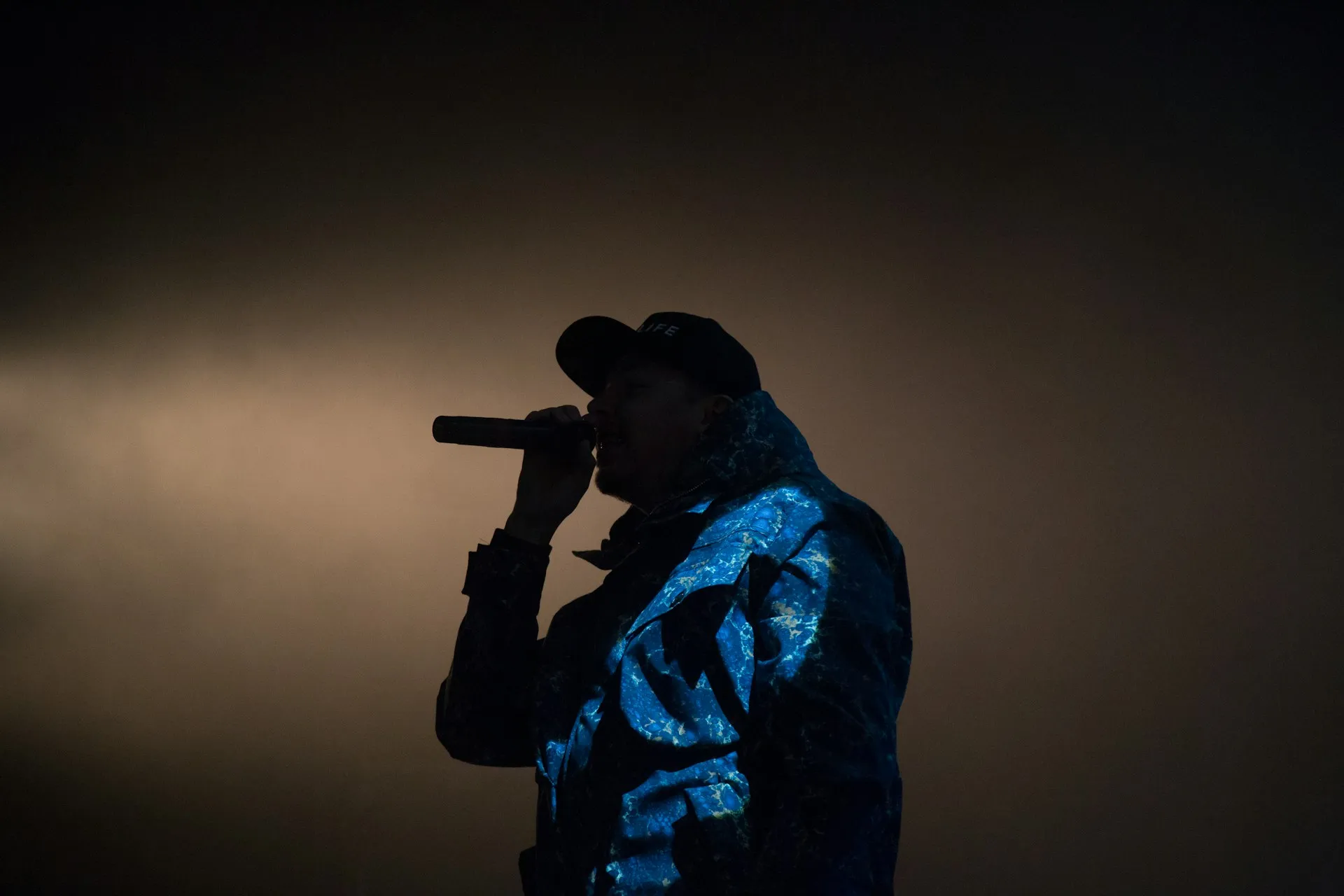Reggaeton's distinct rhythm and lyrical style have transformed it from a genre with local roots in Panama and Puerto Rico to a global phenomenon that resonates in clubs and music charts worldwide. Its emergence in the late 1990s and early 2000s marked a revolutionary turn in the Latin music scene, where traditional themes met urban contemporary sounds. Artists like Daddy Yankee, Don Omar, and Tego Calderon were pivotal in popularizing the genre, utilizing the iconic dembow rhythm, a fast-paced beat that has become synonymous with reggaeton’s musical identity.
Writing reggaeton lyrics requires an appreciation of the genre's cultural origins and an understanding of its evolution. The lyrics often reflect socio-political realities, love, partying, and the street life, infused with a blend of Spanish, Spanglish, and local dialects. This combination gives reggaeton its unique linguistic flavor, making it not only a music genre but a cultural expression that extends far beyond the borders of its Caribbean origins.
As budding lyricists aim to capture the essence of reggaeton, they must pay homage to its Afro-Latinx roots and the narratives that have shaped its development over the years. The fusion of hip-hop, dancehall, and varying Latin influences offers a rich palette for crafting messages that resonate with a diverse audience. The key is to maintain the rhythmic flow while embedding a story or message that aligns with the exuberant, often street-smart character of reggaeton, thus ensuring authenticity in every line penned.
Understanding the Basics
In crafting Reggaeton lyrics, it's essential to grasp the underlying musical structure and the prominent role that various instruments play in creating the distinctive sound.
Musical Foundations
Reggaeton is characterized by a strong, steady rhythm that serves as the backbone of the genre. The beat is often marked by a kick drum on every downbeat, paired with a snare or clap on the offbeats, creating a dembow pattern. The rhythm and flow of the lyrics should align with this characteristic beat to maintain the genre's core energy. Melody lines, while secondary to rhythm, are important in adding character to the track.
Reggae and Reggaeton: Distinctions
While reggae and Reggaeton share roots, they are distinct genres. Reggae features a slower tempo and revolves around offbeat rhythms and laid-back grooves. Reggaeton, however, has a faster tempo and integrates a blend of hip-hop, Latin, and Caribbean music. The distinction is vital when composing Reggaeton, as it requires maintaining this faster, more energetic tempo, which sets the stage for the lyrical delivery.
Role of Instruments
Reggaeton relies on a set of key instruments which are core to its sound:
- Basslines: Thumping and deep, providing a groove that listeners feel.
- Drums: Comprise the fundamental beat, often featuring electronic drum machines.
- Rhythm Guitar: Used sparingly, it can add a layer of harmony.
- Percussion: Additional percussion instruments like claves, shakers, and timbales can accentuate the rhythm.
Understanding and incorporating these key components will ensure the lyrics are not only in sync with the genre's requirements but can also resonate effectively with the Reggaeton audience.
Crafting Reggaeton Lyrics
Writing Reggaeton lyrics requires a combination of captivating storytelling, a strong song structure, and memorable thematic elements. Lyrics should flow smoothly and resonate with the genre's energetic and often romantic themes.
Songwriting Structure
Reggaeton music typically follows a repeatable songwriting structure that includes verses, a chorus, and occasionally a bridge. Songs often start with a hook— a catchy element designed to grab the listener's attention.
SectionPurposeIntroIntroduces the beat, occasionally with a variant of the hookVerseDevelops the song’s story or themeChorusRepeats a catchy and memorable lyrical ideaBridgeOffers a break, often changing the musical and lyrical flowOutroConcludes the song, sometimes mirroring the intro
Creative Process
The creative process in lyric writing should involve a genuine and authentic approach to convey the artist's message. Start by defining the song's theme, which can range from love and relationships to partying and social commentary. Creating meaningful lyrics involves tapping into personal experiences or narrative skills to tell a relatable story.
- Brainstorm ideas related to the chosen theme.
- Determine the flow of the lyrics to match the rhythm of the music.
- Experiment with rhymes and rhythms to craft a distinctive style.
Thematic Elements
Incorporating thematic elements is crucial for crafting lyrics that resonate with listeners. Reggaeton often revolves around themes of love, dancing, and urban life. The lyrics should be memorable and create emotional connections with the audience. They also need to align with the genre's vibrant and rhythmic beats.
- Use imagery and metaphors relevant to the song’s theme.
- Maintain a balance between universal appeal and individuality.
- Ensure the chorus stands out as the core element that listeners will remember.
By adhering to these guidelines, one can craft Reggaeton lyrics that captivate and endure.
Photo by Siednji Leon on Unsplash


.webp)



